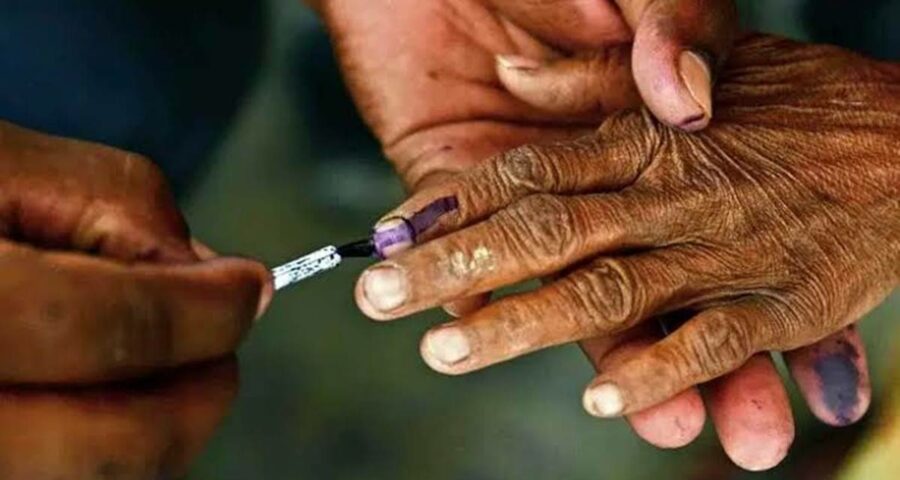Among the 35 wards, seven are reserved for SC candidates — 7, 16, 19, 24, 26, 28 and 31 — including three for SC women (16, 19, 28). Wards reserved for women (general category) as per draw of lots are 1, 4, 5, 6, 9, 10, 18, 22, 23.
The draw of lots for the reservation of wards for scheduled castes (SC) candidates and women in the Chandigarh municipal corporation elections was held on Tuesday.
Among the 35 wards, seven are reserved for SC candidates — 7, 16, 19, 24, 26, 28 and 31 — including three for SC women (16, 19, 28). Wards reserved for women (general category) as per draw of lots are 1, 4, 5, 6, 9, 10, 18, 22, 23.
The draw was held at 10.30 am in the conference hall of the UT State Guest House, Sector 6, Chandigarh by the state election department.
Due to Covid-19 protocols, only two people from each political party attended the proceedings. The municipal corporation elections will be held for 35 wards in December. The code of conduct will be in force from November.
Last week the state election commission for UT Chandigarh SK Srivastava had convened a meeting wherein he asked all returning officers and assistant returning officers to ensure that the municipal polls are held free and fair.
The elections will be conducted by nine returning officers, assisted by and two assistant returning officers each. Four assistant returning officers have been kept in reserve, the officials said.
The secretary of the election commission gave details of the procedures and a brief outline of the tentative election schedule — the nomination will commence in the second half of November and the polls will be held in December.
Timelines for finalising the polling stations have also been issued by the commission to ensure that the elections can be held timely and concluded before December 31, 2021, the date of expiry of the term of the present corporation.
The election commissioner also stated that the focus should be on the strict observance of all Covid-19 protocols and maximum use of information technology — like disseminating electoral procedure/relevant information on a mobile app — during the polls.
Source: Read Full Article


